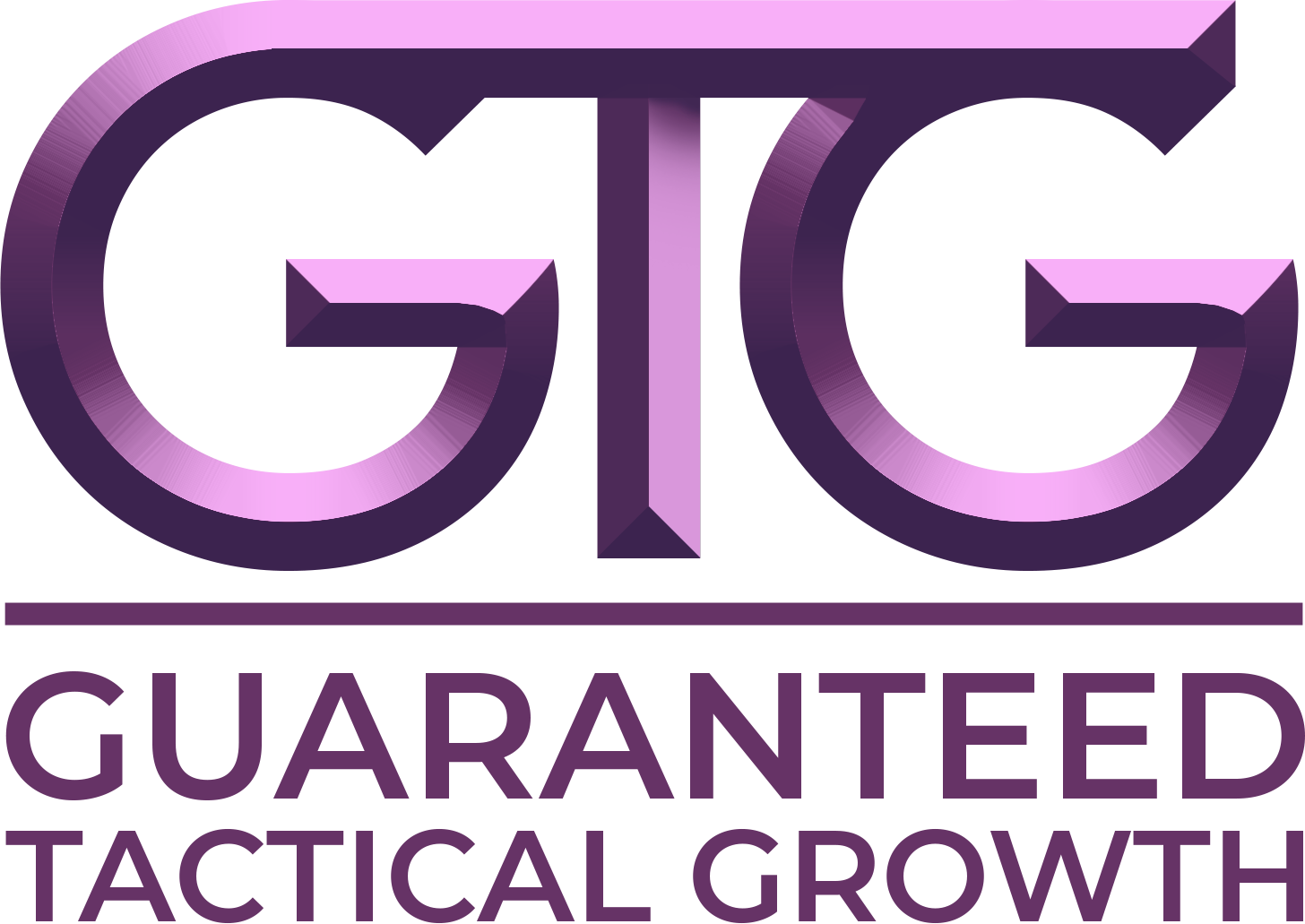Are you tired of content that is monocular and fails to deliver the desired results? If yes, then this is your place to be. The reason for not getting the desired results is that you are lacking the persuasive element and unique strategy that are fundamental for creating impactful content. It’s never a waste of time to revamp your approach to creating an impactful content marketing strategy.
Whether you are a novice just starting out in the digital sphere or someone looking for ways to refine your methods to accelerate progress in your business’ content creation plan, stay with us and read on!
In this article, explore the pathways to all the “know-hows”! We will cover –what is a content strategy, why your brand/business requires a precise approach to the content marketing plan, and how to sprinkle refinement into your content plan– so that you can finally see the results you’ve been striving for.
Know what Content Strategy is?
Content strategy is not rocket science; it is simply the plan of action that guides the creation, delivery, and management of what is written. By understanding how to effectively plan, create, and distribute content that appeals to your intended audience, you can successfully achieve your desired marketing aims.
According to HubSpot, 29% of marketers actively use content marketing, and it’s worth noting that a significant majority plan to maintain or increase their investment in content marketing strategies.
This reflects the growing recognition of content marketing’s importance in engaging with audiences and achieving marketing objectives.
Why Does Brand/Business Require a Precise Approach to Content Marketing Plan?
Understand, that every “Brand or Business”, whether big or small, operates differently and has a different target audience, goals, and messaging, and not much can be achieved with a one-size-fits-all approach to content marketing. For example, a luxury fashion brand may need to focus on high-quality visuals and storytelling to appeal to their affluent audience, while a tech startup may benefit more from informative blog posts and case studies to showcase their expertise in the industry.
Here is why it is crucial to have a specific approach to a content marketing plan:
- Fits in with Your Business Objectives: Each business has different objectives, such as increasing brand awareness, generating leads, or driving sales. A specific content marketing plan ensures that the content aligns with these goals.
- Showcases Unique Value Proposition: By highlighting a brand’s unique value proposition, a distinctive content marketing strategy aids in helping it stand out from rivals.
- Improves Resource Allocation: Having a clear plan helps businesses avoid wasting money on irrelevant content and allocate resources more wisely.
- Metrics for Success: A detailed plan incorporates success metrics, which facilitates the tracking of content marketing campaigns’ performance and the necessary strategy adjustments.
- Adapts to Shifts in the Market: A customised plan may be more adaptable and flexible to shifts in consumer behaviour, market trends, and technical developments.
- Adds to Customer Engagement: Businesses can enhance engagement and loyalty by building closer relationships with their audience through the delivery of pertinent and valuable information.
- Promotes Consistent Messaging: By ensuring that all material adheres to the brand’s messaging, tone, and style, a targeted content marketing plan strengthens the brand’s identity.
All of this is required to create a content marketing strategy that is effective in its implementation and produces favorable outcomes for the company.
The Way To Refinement In Content Marketing Strategy
At a certain point, improvising your content marketing strategy becomes imperative so that your content remains relevant, develops a brand’s voice, and makes a distinct impression on the audience. Here’s how to make your content marketing strategy better so that it effectively communicates your brand’s message:
Setting Clear Goals and Objectives
Establish what you want to achieve with your content marketing strategy, whether it’s increasing brand awareness, generating leads, or driving sales. Your content marketing strategy will be more thought-provoking if you have defined goals and objectives, and it can be adjusted as necessary to get better outcomes.
Applying SMART criteria in your goals that adhere to content marketing strategy goals are Specific, Measurable, Achievable, Relevant, and Time-bound.
- Specific: You should have clearly stated goals. For example, instead of putting “traffic” as your target, make it “increase website traffic by 20% within the next term.“
- Measurable: Define precise standards by which to gauge advancement. Track website traffic, engagement levels, and conversion data with analytics software.
- Achievable: Make sure your goals are doable given your available resources. Semrush reports that 67% of marketers and small business owners utilize AI for SEO or content marketing, increasing ROI by 70% on average.
- Relevant: Make sure your goals align with your brand’s general goals and the market’s needs. HubSpot reports that 36% of marketers use AI chatbots for various tasks, suggesting that content marketing is trending towards automation.
- Time-bound: Give your objectives a precise deadline. The frequency of this could be quarterly, annual, or monthly, based on how big your goals are.
Understanding Your Target Audience
Focusing on and understanding your audience is crucial for a successful content marketing strategy. You can conduct thorough market research, which will provide you with insights into consumer behaviour, preferences, and trends. According to Harvard Business School Online, 68% of consumers expect personalized experiences.
And another prospect is to develop thorough consumer personas using psychographic and demographic information so that you can carefully alter your content to their prerequisites . By doing this, you can make sure that your message reaches your intended audience and encourages brand engagement. Knowing the age, gender, occupation, and interests of your audience can guide content creation. Only 42% of marketers know their audience’s demographics, indicating a gap that needs addressing.
Analyzing purchase history, email open rates, and website interactions can offer insights into how to engage your audience effectively.
By incorporating these practices into your content marketing strategy, you can develop content that is guaranteed to attract your target audience and retrieve profitable results.
Crafting a Compelling Content Strategy
We know content creation takes time, and it’s a unique element for standing out in the digital space. For that, you have to develop a unique value proposition that sets your brand apart. Your content must offer something unique that competitors don’t, and it should solve problems or answer questions. As per the research by the Content Marketing Institute, consumers are 131% more likely to buy from a brand when they are exposed to instructional content.
To achieve it, you can plan your content mix, using a mix of formats (blogs, videos, and infographics) that cater to different consumer tastes. And a calendar for a consistent posting schedule to keep your audience engaged and coming back for more. It builds trust. Companies that blog consistently have seen up to 55% more website visitors.
Employing resources such as social media insights and Google Analytics to understand peak engagement times and plan your content release accordingly.
You can design a compelling content strategy that not only draws in but also holds the interest of your audience by coming up with a distinctive value proposition and a carefully thought-out content mix and calendar.
Creating High-Quality Content
Anyone can create content; however, not everyone can create high-quality content that hinges on delivering value, engagement, and aesthetic appeal.
- Informative Content: As of 2024, there is still a significant need for informational and educational content. The capacity to inform is the fundamental component of excellent content. According to estimates, content that offers actionable insights will have a 72% higher engagement rate in 2024 than informational content alone.
- Engaging Content: In the digital sphere, engagement is the money. According to statistics, emotionally charged or interactive information is likely to hold viewers’ attention 60% longer than static content.
- Real Value: Content that solves problems or caters to particular customer requirements can increase conversion rates by 55%. This emphasises how crucial it is to recognise and cater to your audience’s pain areas.
- Well-Researched: Content supported by in-depth study is more reliable and, as a result, can boost brand trust by 74%. This is especially true for content that offers arguments supported by facts and references reliable sources.
- Well-Written: Writing must be of the highest calibre and clarity. A coherent narrative and error-free language increase the likelihood that content will be shared by 33%, highlighting the need of careful editing and proofreading.
- Visually Appealing: Important components of content strategy, rather than merely decorations, are visuals. Articles containing pertinent photos are expected to receive 94% more views than those without. Furthermore, by 2024, videos are expected to comprise over 82% of all consumer online traffic.
By including these components in your content creation process, you can make sure that the final product meets your audience’s needs and accomplishes your stated goals.
Distributing and Promoting Your Content:
After successfully wrapping up the content creation tasks, the distribution and promotion aspects come into play, which are equally important because, without them, your brand won’t shine to its full potential.
At first, it is about choosing the right channels, like social media and email. In 2024, 90% of content marketers rely on social media to distribute their content. It’s essential to select platforms where your audience is most active, whether it’s Facebook, Instagram, LinkedIn, or X. And also with 41% of marketers citing email as their most effective marketing tool, a well-crafted email campaign can significantly increase engagement and conversions.
Then, employ SEO best practices for organic reach, as SEO remains vital for organic reach. Also, use Content Optimization by using AI. 58% of businesses have improved their content marketing results, suggesting that AI can be a powerful tool for SEO optimization.
Visibility boosts from paid promotion and targeted advertising can also complement organic efforts. For instance, Google Ads reports that paid ads can increase brand awareness by 80%. And platforms like Facebook and Google offer targeted ad options, rendering you to reach a focused demographics.
Another method is AI Integration for dynamic keyword insertion in ads, which can improve click-through rates and ad relevance. AI tools are used by 67% of small business owners and marketers for content marketing or SEO, leading to a 70% average increase in ROI.
You can make sure that your content reaches the right audience and has the desired impact by utilizing these channels and strategies, as well as by keeping up with the most recent advances in technology.
Measuring and Analyzing Results
One should learn how to effectively measure the success of your content strategy through track performance metrics such as traffic, engagement, conversion rates, and ROI, and also the use analytics tools to continuously improve and optimize your content strategy.
- Traffic: Traffic analysis has evolved to focus on not just quantity but quality of visits. Businesses using AI for content marketing report better traffic quality, leading to improved engagement and conversion rates.
- Engagement: Engagement metrics now include advanced interaction data, such as time spent on content and depth of engagement. Content with interactive elements is expected to drive higher engagement rates.
- Conversion Rates: Conversion rates are being optimized through AI, with businesses reporting an increase in conversions when AI is used for content creation and strategy.
- ROI: The use of AI in content marketing has led to an average 70% increase in ROI, as it allows for more targeted content and efficient strategy adjustments.
- Analytics Tools: The ussage of analytics tools are widespread, with 93% of marketers reviewing AI-generated content before posting to ensure alignment with goals and performance optimization.
All in all, it is important to continuously adapt and refine your content marketing plan in light of the information and understanding gained from tracking and evaluating outcomes. By doing this, you can make sure that your content strategy is working and keeps bringing about the results you want for your business or brand.
Adapting and Evolving Your Strategy
Adapting and evolving your content marketing strategy is crucial in the fast-paced digital world of 2024, here is how you can stay further:
- Flexibility: It’s critical to have the power to quickly adjust in reaction to performance information and market trends. With the content marketing market expected to reach $600 billion by 2024, businesses will be able to take advantage of new opportunities if they remain flexible.
- Performance Data: Utilizing advanced analytics is key to understanding what content performs best. In 2024, 90% of businesses will include content in their strategies, emphasizing the need for robust performance tracking to stay ahead.
- Market Trends: Keeping in line with the market trends is more important than ever. As content consumption increases, businesses must adapt to changes in how users consume content.
- Ongoing Learning: Gaining knowledge from both achievements and setbacks is essential for advancement. Research-driven and regularly updated content performs well, underscoring the need of a data-driven approach to content generation.
- Modifications in Strategy: Content generation and distribution are being affected by the use of AI and machine learning. It is anticipated that marketers would make use of these technologies to hone their strategies and improve success and engagement.
In order to guarantee that their content marketing strategies are still competitive and effective in 2024, brands and businesses should remain adaptable, utilise performance data, stay up to date with industry trends, and never stop learning from results.
Conclusion:
In the journey to master content marketing, we’ve explored the essential steps to crafting a contnet marketing strategy that relate with audiences and achieves business objectives. By setting clear goals, understanding your audience, crafting compelling and high-quality content, effectively distributing and promoting it, and diligently measuring and analyzing results, you will be well on your way to creating successful and effective content marketing that yields significant returns, fosters meaningful engagement, and establishes a strong digital presence.
Now, it’s time to take action. Implement the strategies discussed, and don’t hesitate to iterate and evolve as you learn what works best for your brand.
For those seeking further guidance, consider reaching out to our content marketing professionals at “Go To Groww: GTG”. Remember, the field of content marketing is always advancing, and staying informed is key to staying ahead. Good luck with creating your content marketing strategy a success!
















